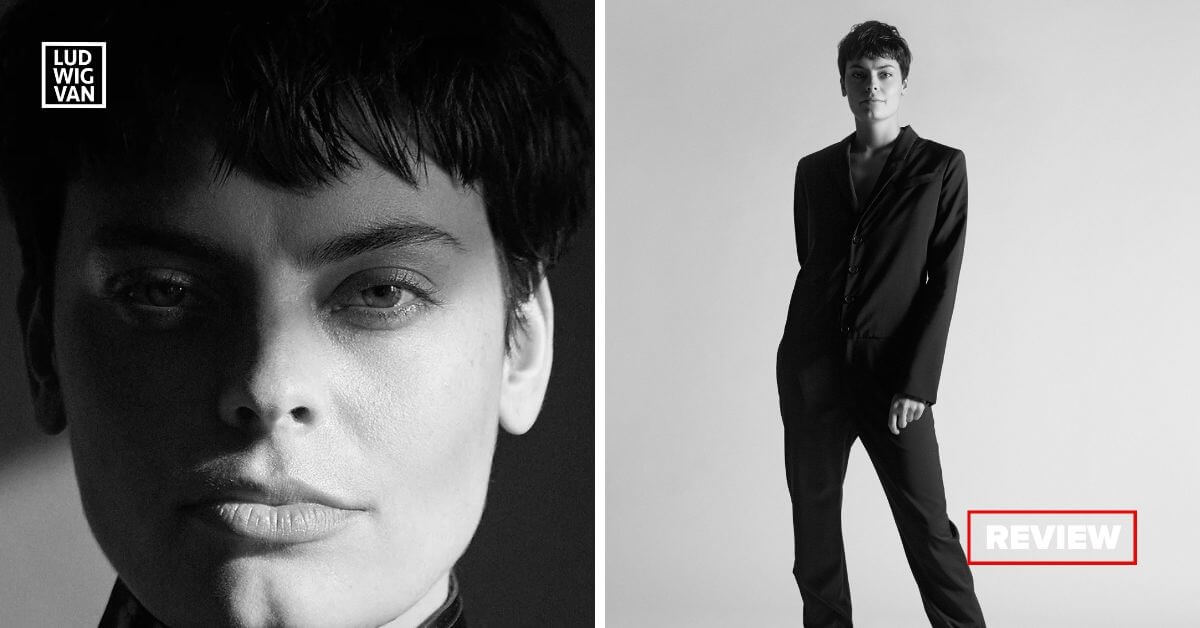
Nice to see so many people in Koerner Hall for a song recital. So said RCM performing arts director Mervon Mehta Wednesday evening in his warmup address.
The turnout was not altogether surprising given the rapid ascent of Emily D’Angelo and the acclaim with which her recording for Deutsche Grammophon (on sale in the lobby) has been met. There were hoots of approval from the vocal-savvy crowd when the Toronto mezzo-soprano first took to the stage. She proceeded to give us a good deal more to applaud — while raising questions about what constitutes effective programming in this day and age.
The first half was introspective. Two of Schoenberg’s early Op. 2 songs established an atmosphere of quiet late-romantic urgency that led naturally enough to contemporary reflections on solitude by Missy Mazzoli, Cecilia Livingston (present in the audience) and Sarah Kirkland Snider.
In Mazzoli’s “Hello Lord” the musical interest resided mainly in the turbulent piano part, which was played luminously by Sophia Muñoz. Nonetheless, D’Angelo could hold our interest with her focused, walnutty tone, even through the folksy parlando of Randy Newman’s “Wandering Boy,” which I suspect was heard in its Koerner Hall premiere.
After intermission, the music was more outgoing, and D’Angelo opened the floodgates accordingly. In Aaron Copland’s “Why do They Shut me out of Heaven?” the words “too loud” were both suitably ironic and striking in their own right. The same composer’s “I’ve Heard an Organ Talk” (another Emily Dickinson setting) evoked the drama of the titular instrument with an impressive range of colour and volume. Rebecca Clarke’s “The Seal Man” benefitted from the singer’s bold projection and storytelling talent. Clara Schumann’s uptempo “Lorelei” suggested an equal aptitude for 19th-century Lieder.
Perceptive readers will notice that this program reflected a preference for female over male composers. (I have not mentioned Hildegard von Bingen and Florence Price.) I felt that it would have been a good thing to hear D’Angelo hit a popular standard or two out of the park. We have a right to compare her, implicitly, with other singers of her calibre.
Of course, this artist has made her name partly with an exploratory approach to repertoire. It was interesting that she observed one old-timey recital convention by changing at intermission from a black pantsuit with puffy epaulettes into a dress. The heavy boots remained.
Her stage deportment was confident. There was one encore, from Ruperto Chapí’s zarzuela Las hijas del Zebedeo. There could easily have been another. Oh, well. We shall be hearing Emily D’Angelo again.
#LUDWIGVAN
Get the daily arts news straight to your inbox.



